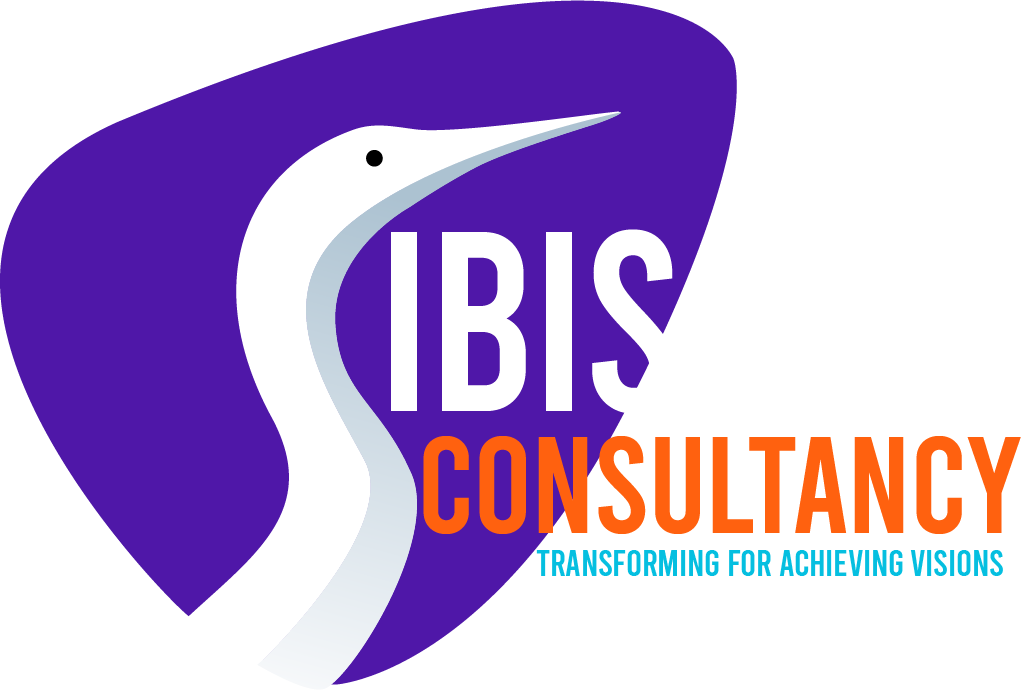Concussion Awareness Certification
- Course Duration: 2.5h
- qualification: Concussion Awareness Certification
About this course
Concussion Awareness Certification
Concussions are an incredibly common form of brain injury, one that can happen to almost anyone who receives a traumatic head injury, regardless of age, health or gender.
Everyone, including parents, teachers, coaches and those engaged in physical activity, should be aware of the signs, symptoms and dangers presented by concussions.
Learning more about what a concussion is and how it can be treated can go a long way to keeping you, your family and those in your care as safe as possible, even if a head injury occurs.
This course goes into detail about concussions and concussion awareness. We begin by giving you a brief introduction to the topic, including a discussion of medical definitions.
We move on to talk about the signs and symptoms you need to keep an eye out for if you suspect that a concussion could be present or may occur.
Next, we discuss the risk factors that may indicate that a concussion is more likely to happen.
Finally, we talk about the various treatment methods that can be used once a concussion is diagnosed.
What you will learn
You Will Learn:
- What happens in the brain when a concussion occurs
- What physical and mental signs you need to look out for that may indicate that a concussion is present
- The signs and symptoms you should watch for in children, which can dramatically differ from those in adults
- Which risk factors may lead to a longer recovery period
- Important preventative techniques
Benefits of this course
Benefits of Taking this Course
- Feeling more confident when working in situations where a head injury could occur
- Being able to quickly and effectively take control of a situation if a concussion is possible
- Understanding more about the various treatment methods for concussions, including when you should visit an Accident and Emergency department of a hospital
- Learning about the importance of following medical advice
- Understanding the risk of concussions, even in non-sports related situations

